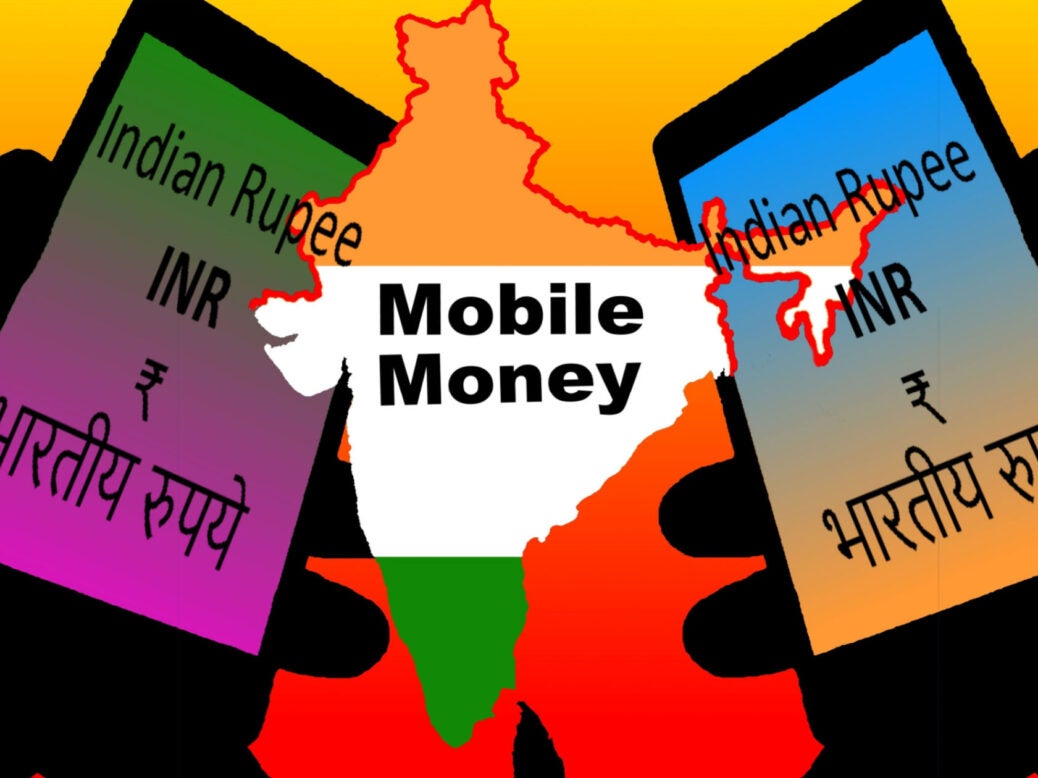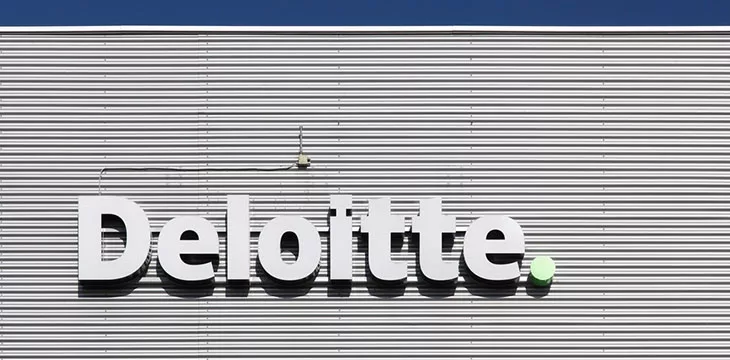Fintech start-ups show a promising future in India


Fintech has kick-started a golden age of innovation in consumer financial services. Highly specialized, free of legacy and often able to circumvent banking regulation, new entrants have gone after every part of the banking value chain, reducing friction and meeting unmet needs. In Asia-Pacific countries such as India, fintech and its related segments – including digital payments, digital lending and fintech SaaS – have seen exponential growth in funding and investment. With the recent announcement of Razorpay’s third acquisition of the year for digital payments startup Ezetap, the fintech market in India is looking promising.
According to NITI Aayog, the Indian fintech industry currently has cumulative funding of over $27.6 billion and is expected to be valued at over $150 billion by 2025. The recently published report ‘Mergers and Acquisitions Deals by Top Themes and Industries in Q2 2022’ by GlobalData analyzes all the deals announced in Q2 2022 globally. It states that the themes driving the top M&A deals in banking and payments were fintech and digital banking in Q2 2022. The same sector saw a staggering 163% growth in deal value in H1 2022 from H1 2021, driven by these themes in Asia-Pacific region.
The rise of fintech start-ups in India
With 21 unicorn start-ups, the fintech sector accounts for nearly a fifth of unicorns in India. Some of the top digital payment companies include Paytm, Razorpay, BillDesk, Pine Labs and BharatPe. Fintech unicorns in India include Acko, BharatPe, BillDesk, Chargebee, Paytm, Mobiwik, Oxyzo, PhonePe, Pine Labs, Coin DCX, Coinswitch Kuber, CRED, Slice, Razorpay, Cred Avenue, DIGIT, Groww, Policy Bazaar, Zerodha, Zeta , Zerodha, and Open.
With investor confidence, these startups make bold moves, including spending millions to acquire promising startups. Before acquiring Ezetap in February 2022, fintech startup Razorpay bought a majority stake in Malaysian payments startup Curlec for $20 million. Following this, it acquired digital payments startup IZealiant Technologies for an undisclosed amount. Since the launch of Paytm, the fintech domain in India has performed beyond market expectations.
Government initiatives fuel start-ups
The growth of fintech in India is driven by various macroeconomic factors, such as enabling government and regulatory initiatives. Unified Payments Interface (UPI) is one such government initiative that has contributed massively to India’s startup and fintech growth. UPI transaction volume grew from around one billion in April 2020 to 2.6 billion transactions in April 2021 and accounted for 60% of total non-cash transactions in FY22 according to the National Payment Corporation of India (NPCI). The Jan Dhan Yojana (People’s Wealth Scheme) of the Government of India (GOI) added 462.5 million accounts to the banking system; most belong to the rural population. This, along with massive internet access, has helped fintech start-ups tremendously in reaching last mile users.
Upcoming initiatives like RBI’s Payments Vision 2025 and Open Network for Digital Commerce (ONDC) will influence the sector’s exponential growth in the future. Apart from the massive digitization that began after demonetization in 2016, the growing popularity of UPI and wider internet access has accelerated the growth of fintech firms in India. While growth will continue, certain setbacks may affect adoption, such as data security risks, increasing fraud, tightening regulatory measures for businesses and lack of financial awareness in rural India.





















![Bitcoin [BTC] investors should read this before making investment decisions Bitcoin [BTC] investors should read this before making investment decisions](https://www.cryptoproductivity.org/wp-content/uploads/2022/08/blockchain-3041480_1280-1000x600-120x120.jpg)


